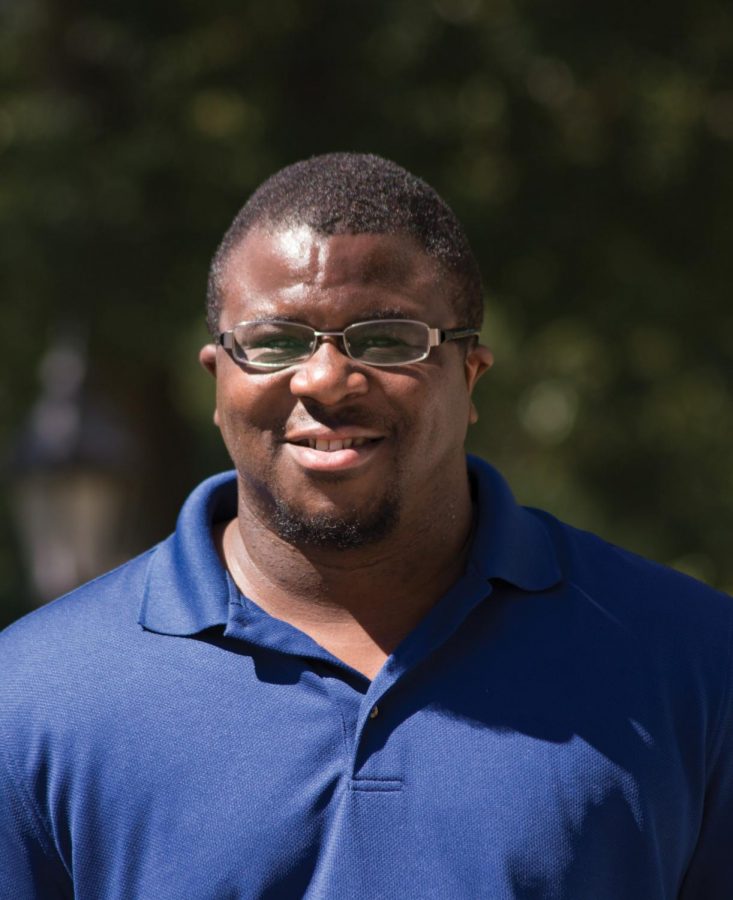University fires professor for sexual harassment
February 4, 2016
University officials confirmed they fired professor Eddie Elsey, Jr., 1020 Linwood Ave., Florence, for sexual harassment involving a student Jan. 26.
The Equal Employment Opportunity Commission defines sexual harassment as “unwelcome sexual advances, requests for sexual favors and other verbal or physical harassment of a sexual nature.”
“(He) was offered the opportunity to appeal the decision, and both the finding of responsibility and the decision for termination were upheld by a hearing committee composed of faculty members,” said Director of University Communications and Marketing Bryan Rachal in an email. “We followed protocol and handled this case as fairly and responsibly as possible.”
Elsey was a music instructor at the university since August 2002, and this was not his first offense, according to university records.
In 2007, former University President William Cale reprimanded Elsey for having “an extramarital relationship,” according to the written reprimand. It also said, “Some of the extramarital activities occurred at the University.”
“The relationship involved a lady who was not a UNA student, was a friend of the Elsey family and who was older than Dr. Elsey,” said Elsey’s attorney, James Irby. “The spouse of the lady involved was, however, a UNA student.”
The university punished Elsey by reducing his pay by $2,000 for a year, restricting his eligibility for pay increase for two years and denying his eligibility for summer teaching for 2007 and 2008.
In this reprimand, Cale wrote “any continuing demonstration of unacceptable behavior toward the University of North Alabama will be grounds for immediate termination.”
The university revoked Elsey’s tenure Aug. 21, 2015, and terminated him after a complaint was filed against him regarding the University’s Equal Opportunity, Harassment and Non-Discrimination Policy. They found him guilty of sexual harassment.
“This isn’t a common occurrence, but unfortunately in any organization of our size things like this do occasionally happen,” Rachal said. “The real test of an organization is how it responds when a concern is raised. We are confident that we have the processes in place to receive complaints, investigate, make good decisions and ultimately hold people accountable for their actions.”
According to the University Grievance and Due Process Procedures, “If proper request for a hearing is made, the hearing shall be afforded not sooner than 14 or later than 21 days from the date of receipt of the request.”
Elsey’s due process trial was Dec. 14. Officials said they could not answer why there was a delay in the hearing because the information was protected by the Family Educational Rights and Privacy Act as well as Title IX.
Elsey has not had access to campus nor campus technology — including email and computers — since Aug. 22, 2015, according to university records.
Kitts upheld the ruling to terminate Elsey Jan. 26, 2016.


